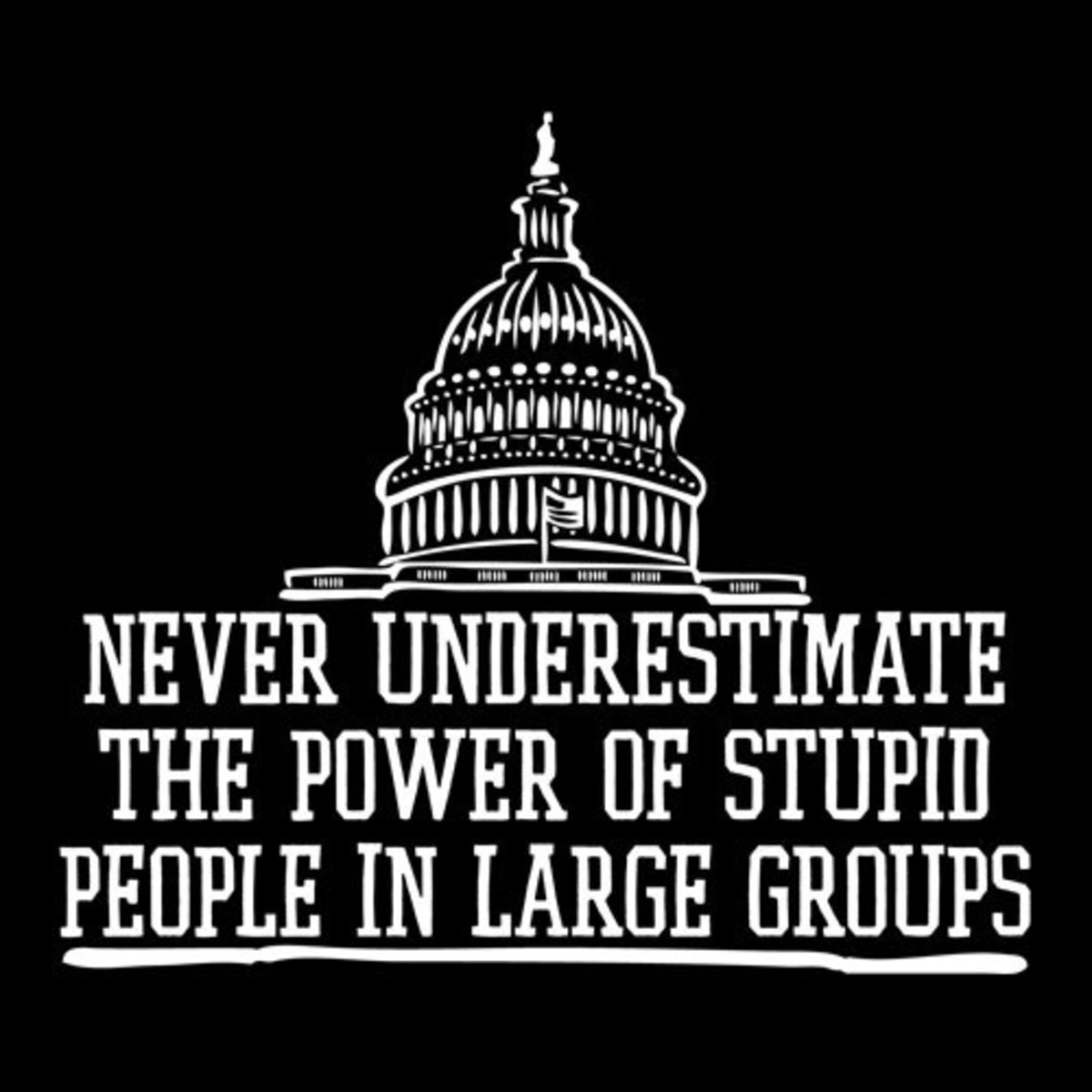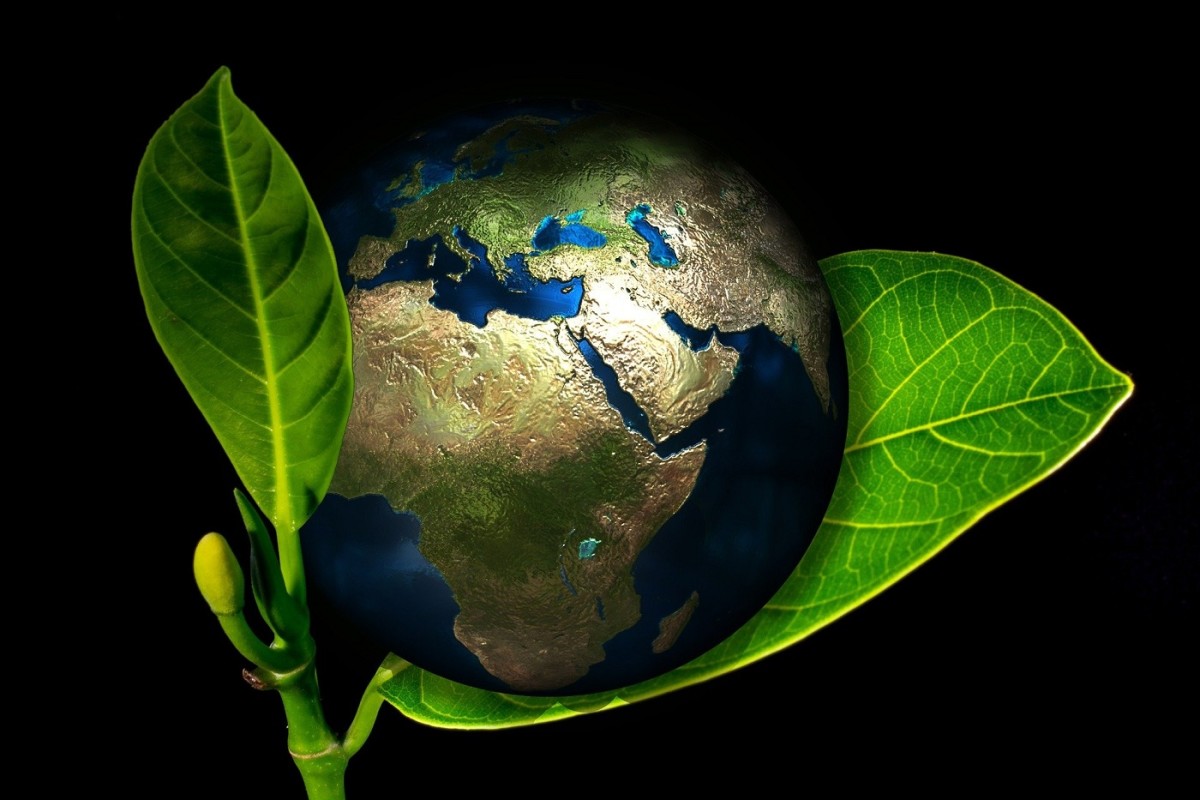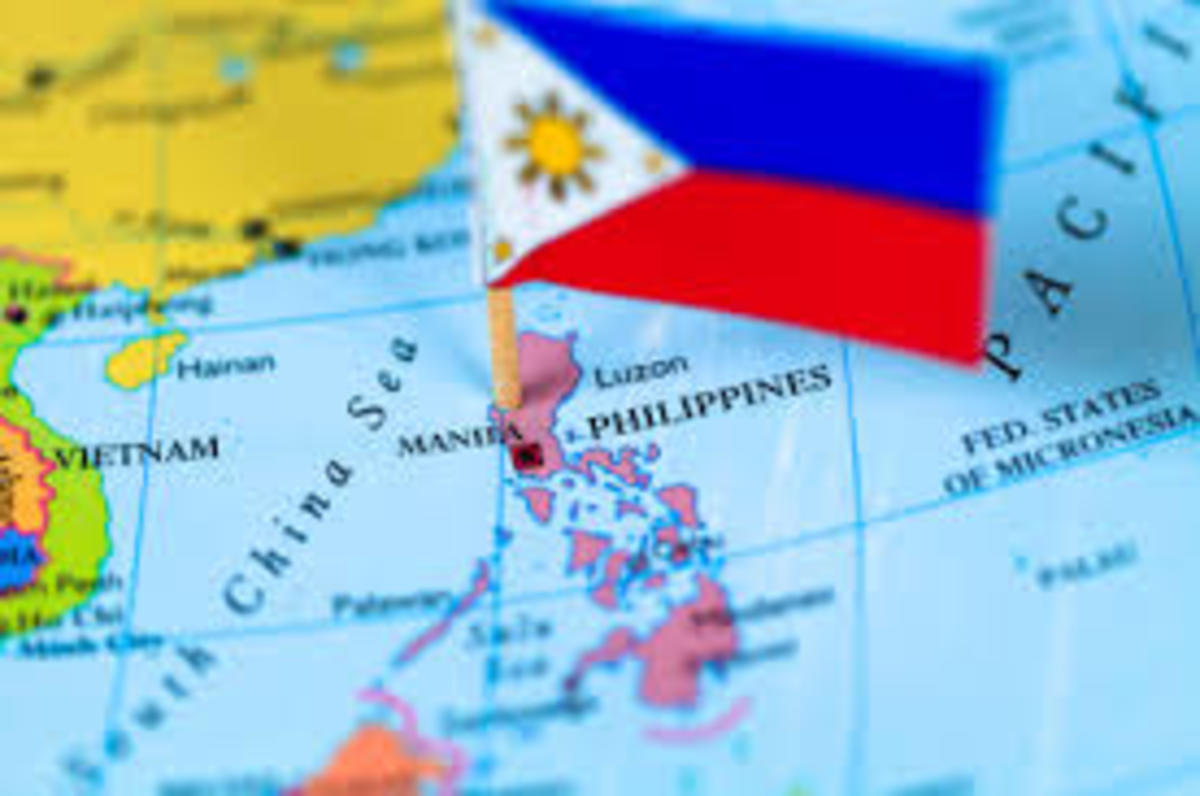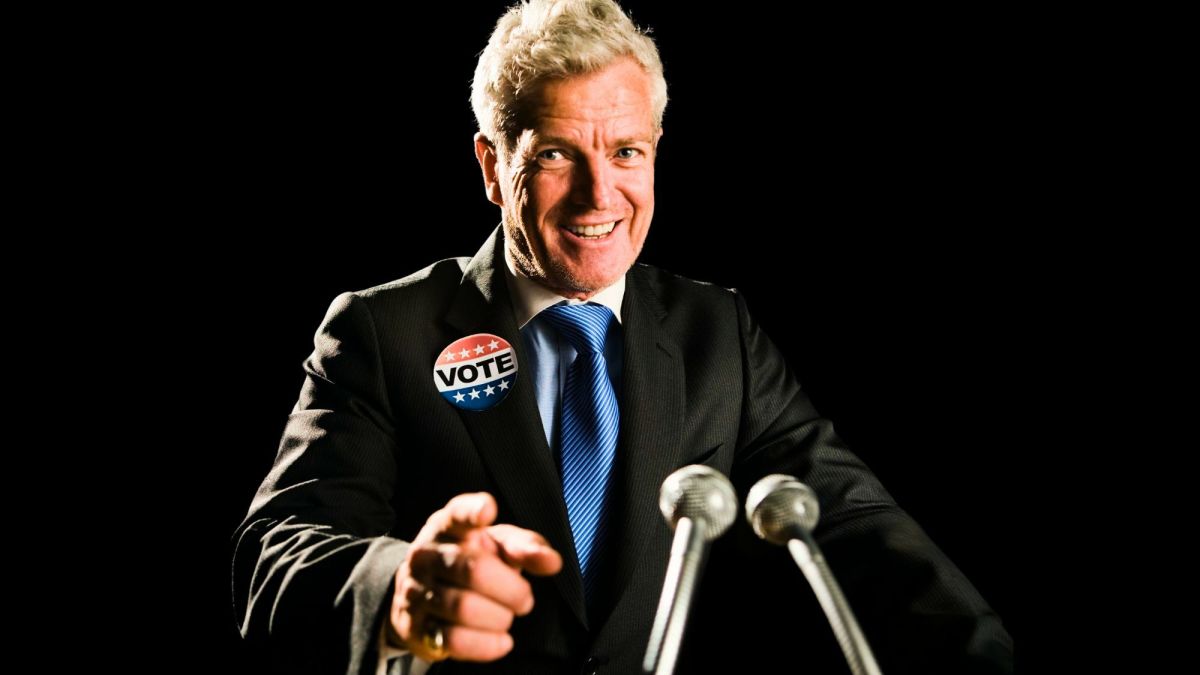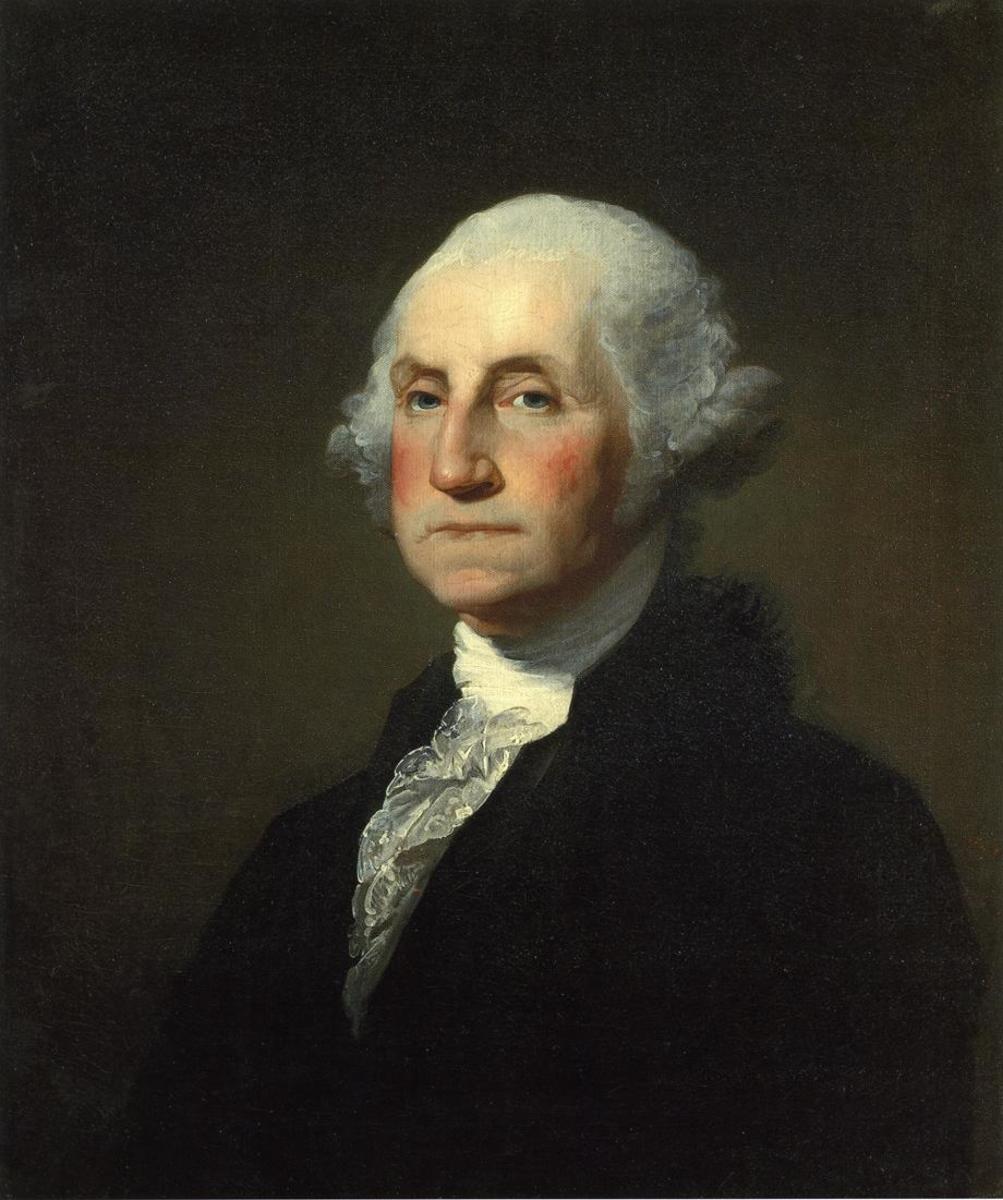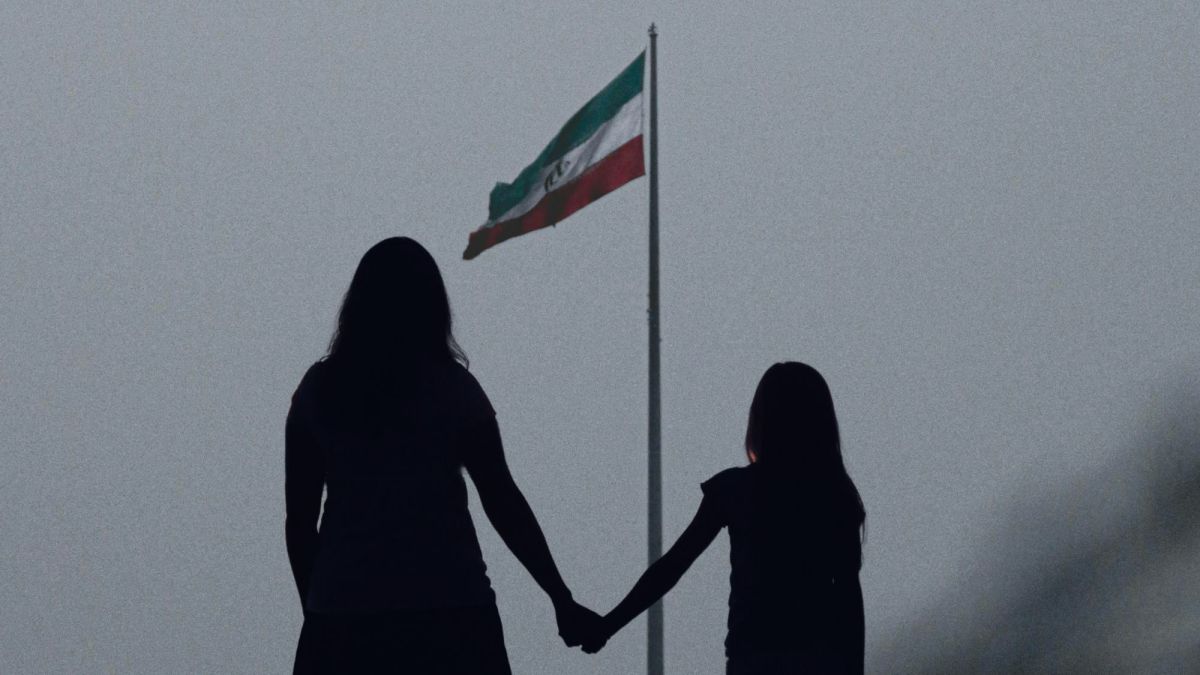Which comes first: Politics or journalism
Politics and journalism maybe one of the most of the controversial subjects of the arts and social sciences. This is because of the nature of the topics they deal with. Politics and journalism have direct relations with the public through the numerous channels of communication that exist in state and society.
The relationship between politics and journalism is very close. They are interested in similar things, to receive and provide feedback and to manage relations. Both are involved in the processes of power and influence in society. Their relationship is so distinct because of their nature and desire for establishing communication tracts.
Political developments, legislations, policies, parliamentary sessions are going on all the time and have to be reported, analyzed and commented upon. American political scientist Richard Rose says despite their different professional interest, communicators and politicians need each other as there is a "communications loop" where journalists need politicians as news sources and politicians need journalists to give publicity to their views and to themselves.
Politics has a message to say and to be communicated to the people and these need to be transmitted through clear messages. Politics is supposedly there to solve problems and iron out difficulties.
Journalism on the other hand, is in the business of providing people with information and making them more aware of government policies. The role of journalists should be to watch politicians, the political system and to act as a watchdog body over public policy. It is part of their profession and tricks of the trade. Journalists are there to inform.
Relations between news and politics, journalism and politicians, journalists and policy-makers are dynamic as the lines of communications are much more active and interactive going on sending and receiving tracks.
Politics is fluid, permeating civil society and civic institutions, regulating their well-being, organizing the framework of their existence, and most importantly deciding what is politically attainable.
Politics is about the creation of mechanisms for dialogue, debating of ideas, beliefs and compromise. Politics becomes an art of persuasion, reconciliation and negotiations as happening today in modern states, governments, institutional structures and systems.
Such polities rely on newspapers, television, radio, different mediums like social networking to air our their views and opinions and carry their message across to the masses through building intricate relations with reporters, writers, columnists and editors to make sure that their point of view is carried out in the most effective way.
An amicable relationship develops between politicians and journalists. While there is little evidence both disciplines are actually involved in colluding with each other, each are well aware there are interests which do coincide.
This coincidence is sharpened through informal relations, occasional meetings, invitations and the chats that take place around dinner tables. Journalists and editors come to have special privilege, there are invited to receptions and given off-the-record interviews.
They are invited to sit with kings, queens, presidents, and prime ministers and chummy relationships develops that way. In liberal democracies toeing the line comes through gentle but firm persuasion.
And the case is true for media journalists and newspapermen. They have their own agenda because of the nature of the field they are working in. They do pander to politicians, but they arguably do it to get the best selling stories about hot political issues—ones they think would sell the most copies. In a lot of the time, newspapers often follow political stories which ministers and politicians prefer to do without.
These ministers, politicians and officials are working as well, and many argue, manipulating the relationship that has come to exist between politicians and journalists.
As part of this relationship politicians and those members of the establishment frequently indulge in what is called "flying kites" of providing information for journalists to print, just to gauge public reaction. They in turn have no way of knowing whether the information they've been given is true or false and end up feeling used.
But this is the cost some members of the media have to bear for wanting to get closer to politicians. Since, and after all, the media is known as the Fourth Estate, bearing in mind however the term basically dwells on independence, free speech, the guarding against infringement and violations,

